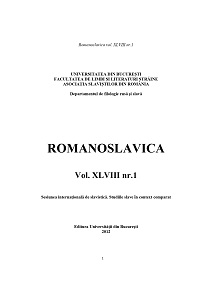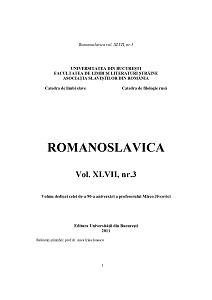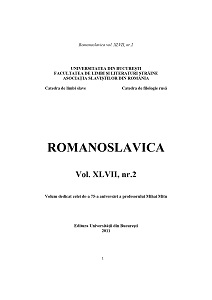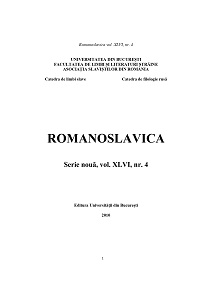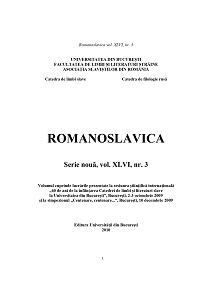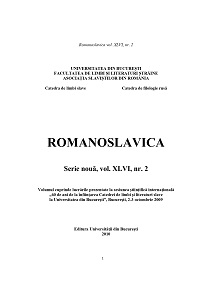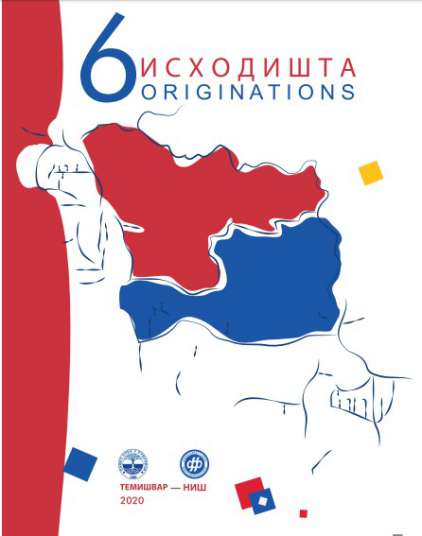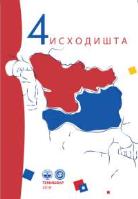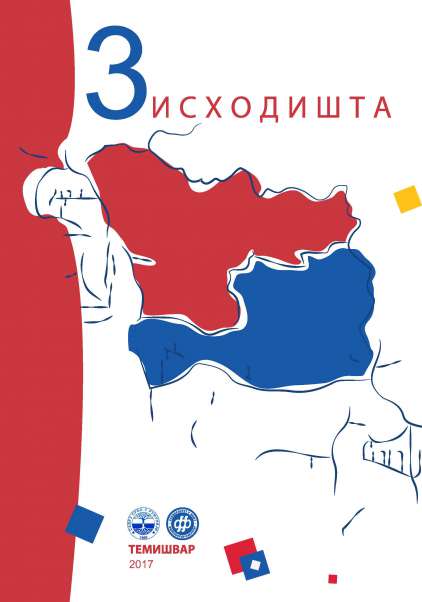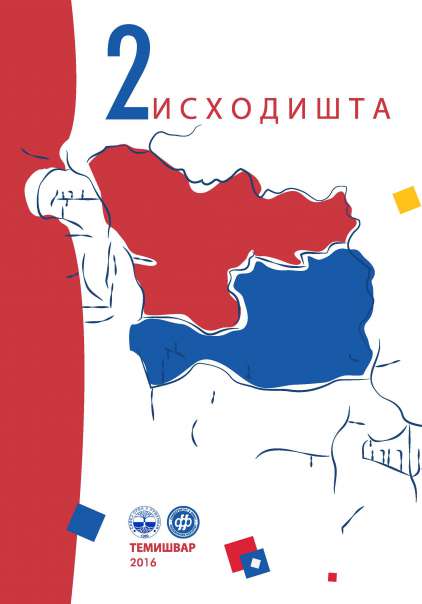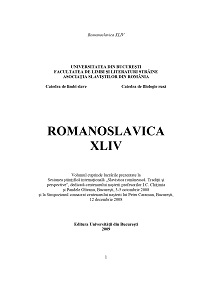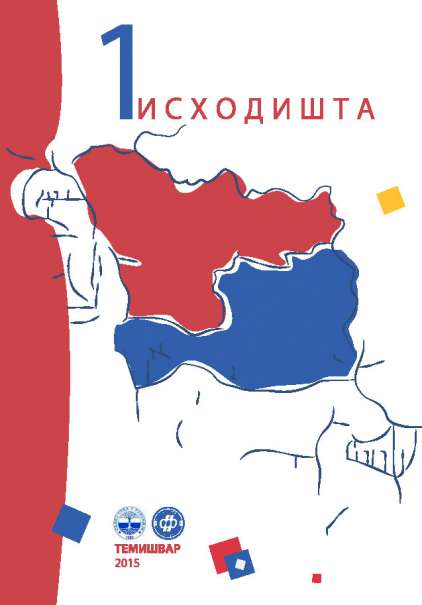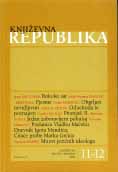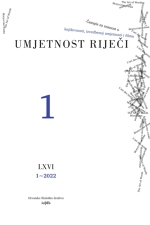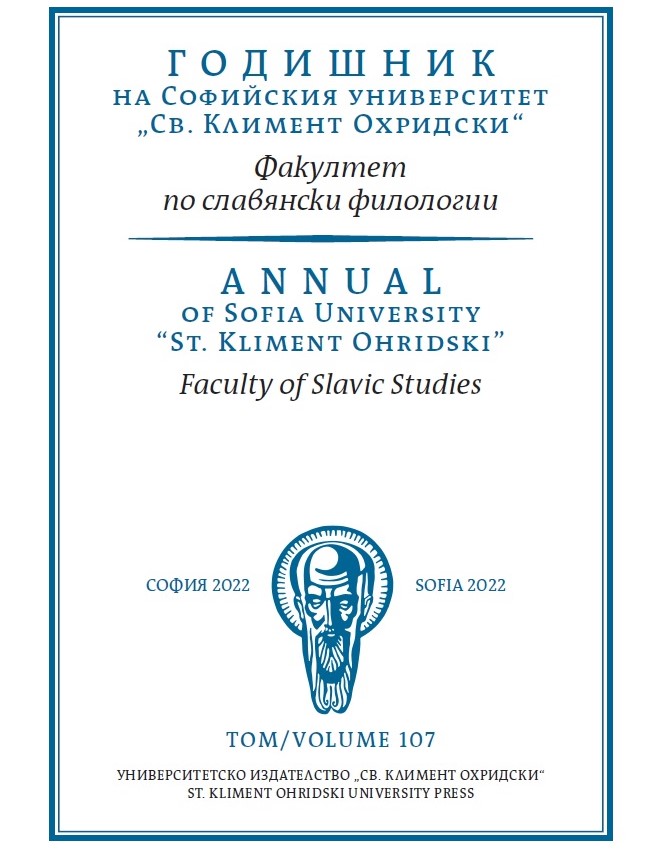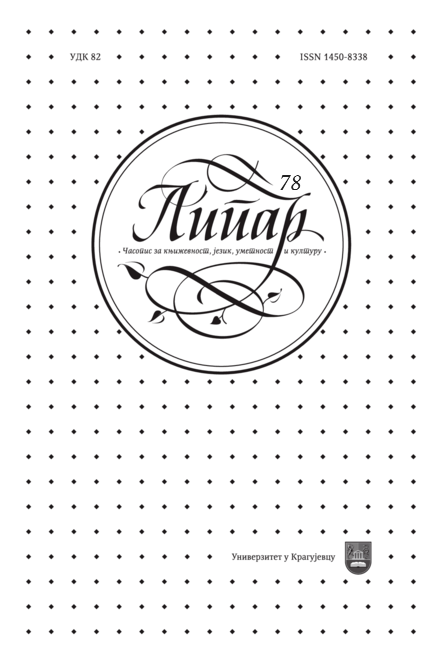Author(s): Goran M. Maksimović / Language(s): Serbian
Issue: 1/2015
The paper analyzes the specific relationship between the periphery and the center of the new Serbian literature (18th and 19th century), which was due to historical circumstances and the fact that the majority of Serbian national area was part of another state (Ottoman Empire, Austro-Hungarianmonarchy, Republic of Venice), and that it is only since the early 19th century began the process of liberation of the Serbian people and the constitution of the Serbian state, language and literature. Consequently, Serbian writers from peripheral parts of the Serbian people (Hercegovina, Bosnia, Dalmatia, Boka Kotorska, Slavonia, Banat and Macedonia), as well all those who are in these regions, but also in Serbia and Belgrade, went to school in Budapest, Vienna, Venice, Trieste, Paris, Prague, Bratislava, Timisoara, Kiev, Petersburgand, Moscow, and have powerful influence on theconstitution of the new Serbian literature (enlightenment, sentimentalism, romanticism, realism, modern). Crucial in this role Dositej Obradović and Vuk Stefanović Karadžić and many other writers of the time (Zaharije Orfelin, Jovan Rajić, Pavle Solarić, Sima Milutinović Sarajlija, Milovan Vidaković, Jovan Sterija Popović, Petar Drugi Petrović Njegoš, Branko Radičević, Jovan Jovanović Zmaj, Đura Jakšić, Laza Kostić, Simo Matavulj, Stevan Sremac). Effective influence on the periphery of what was happening in the center of the new Serbian constitution literature strongly manifested also in the process of liberation of the Serbian people and the constitution of the Serbian state during the 19th century. It is natural that because of this the center of Serbian literature moved in the midle of 19th century in Belgrade, the Serbian capital of the home country, but they are in a strong synergy continued to exist and other provincial centers of Serbian literature and culture (NoviSad, Cetinje, Sarajevo, Mostar, Dubrovnik, Zadar, Banja Luka, Niš, Skopje), thus continuing to creatively enrich the relationship periphery and center in the new Serbian literature.
More...
